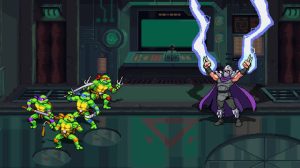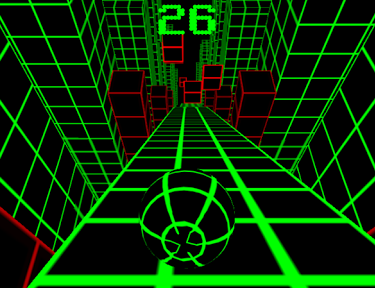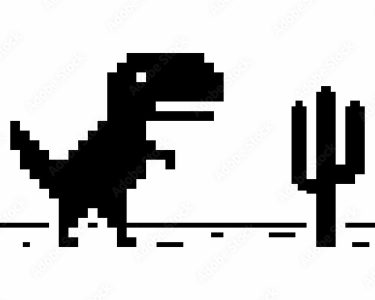Introduction
Customization and upgrades are integral components of modern gaming, elevating player experiences by offering unique ways to tailor characters, gangs, and gameplay. From cosmetic changes to profound enhancements, these features not only personalize the gaming experience but also impact strategies, narratives, and overall immersion. In this article, we’ll explore diverse avenues for customization and upgrades that enrich gameplay across various gaming genres.
Character Customization
Character customization allows players to craft unique avatars, fostering a sense of ownership and representation within the game world. Beyond altering appearances, games now offer in-depth customization tools, enabling players to adjust skills, abilities, and even personality traits. The progression from superficial changes to meaningful alterations creates a deeper connection between the player and the character.
Visual Customization
Visual customization involves altering appearances, clothing, accessories, and aesthetics. Games like RPGs, open-world adventures, and simulation games often offer extensive options, allowing players to create characters that reflect their preferences. From hair color to facial features, the breadth of choices impacts how players relate to and immerse themselves in the game’s narrative.

Skill and Ability Customization
Some games provide skill trees or upgrade systems that enable players to tailor their character’s abilities to suit their playstyle. This customization fosters strategic gameplay, encouraging players to invest in specific skills that align with their preferred approach—be it stealth, combat prowess, or magic abilities.
Gang Customization
In games involving gangs or factions, customization expands beyond individual characters to the collective group. Players often have the opportunity to manage, recruit, and upgrade gang members. Customizing gang members’ skills, appearances, and roles within the group can impact the game’s dynamics, affecting alliances, rivalries, and overall progression.
Upgrades and Progression
Upgrades serve as a fundamental aspect of character development, allowing players to enhance various attributes and equipment. These upgrades may range from improving weapon proficiency to unlocking advanced abilities, providing a tangible sense of growth and accomplishment throughout the game.
Narrative Impact
Customization and upgrades often influence the game’s narrative. Choices made in customization might affect how NPCs interact with the character or shape the storyline’s direction. Branching storylines based on player decisions contribute to a personalized gaming experience, fostering replayability.
Multiplayer and Competition
In competitive gaming scenarios, customization and upgrades can offer strategic advantages. Balancing customization to ensure fair competition while allowing room for individual playstyles becomes crucial, impacting not only gameplay but also the overall gaming community dynamics.
Monetization and Customization
With the rise of microtransactions and downloadable content (DLC), developers often offer additional customization options for purchase. However, maintaining a balance between accessible in-game customization and monetized content is essential to ensure a fair and enjoyable gaming experience for all players.
Community Engagement
Robust customization features often lead to vibrant gaming communities. Players share tips, showcase their customized characters or gangs, and discuss optimal upgrade paths, fostering a sense of camaraderie and collaboration within the gaming community.

Future Trends
The evolution of gaming technology continually expands the scope of customization and upgrades. From advancements in AI-generated characters to more immersive virtual reality experiences, the future holds boundless possibilities for further enriching customization elements in gaming.
Conclusion
Customization and upgrades form the backbone of engaging and immersive gameplay experiences. By offering players the tools to personalize characters, gangs, and gameplay mechanics, game developers not only enhance individual experiences but also cultivate diverse and vibrant gaming communities. As technology progresses, the potential for more intricate and meaningful customization options continues to grow, promising even more exciting and personalized gaming adventures in the future.




